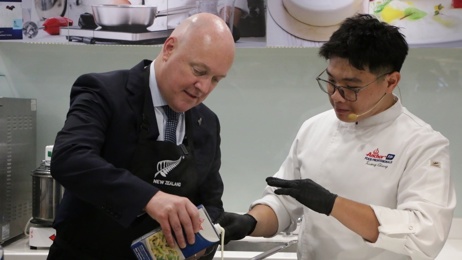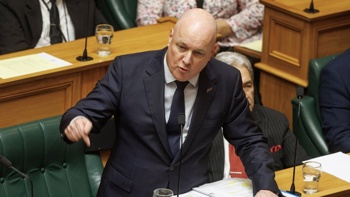
The problem with Parliament and social reform is that is that it's wrested in the hands of too few people. And there's a lot of reform itching to get out of the political starting blocks.
Cannabis law reform's one area that's unlikely to see the light of day with the current crop.
Labour's Andrew Little appeared recently to warm to the idea in an interview with student radio but then appeared to back track when it made it on to the mainstream media platform indicating it wasn't a priority.
There's no way it's going to be a starter with John Key who's vehemently opposed and his associate health spokesman Peter Dunne's not disposed either.
In the meantime people, like the desperately ill former trade union leader Helen Kelly, puffs away on black market weed while the cops rightly turn a blind eye.
And while they're puffing their way to a less painful death, the politicians are at the moment hearing submissions on whether the desperately ill should be allowed to end it all through assisted suicide.
The death last year of Wellington lawyer Lecretia Seales who was suffering from brain cancer, just after a High Court denied her plea for an assisted death because it was a matter for Parliament to decide, wasn't in vain.
An inquiry into euthanasia's underway but don't hold your breath that it'll lead to change, again because the power wrests in the hands of too few.
Even though John Key supported the last Parliamentary ballot on the issue 13 years ago, which was lost by just two votes, he's not willing to promote a Government bill on the topic to allow MPs to exercise their consciences.
Labour's on the same side with Little instructing one of his MP's voluntary euthanasia bill to be dropped musing it was about "choosing the controversies that are best for us at this point in time."
Now it would seem the only hope for those who want the right to die with dignity, at a time of their own choosing, is ACT's David Seymour's bill which is sitting gathering dust, waiting to be drawn from a ballot, which of course may never happen.
The terminally ill would argue it's not a question of when they die, it's how they die. But at the moment those who have the power to possibly make it easier for them have other more important issues, like the plain packaging of cigarettes, to deal with.
Take your Radio, Podcasts and Music with you









